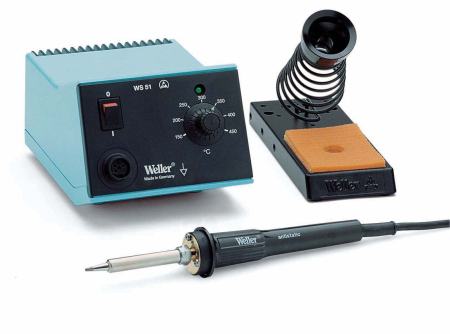hasan.ay386 wrote: I don't know what kind of solder I should choose and I've already asked in different DIY forums and everyone has a different opinion. Some say it should be silver or suggest flux. lead free... and so on.
Also I was told that some metals oxidize in combination.
The connectors I ordered have gold plated bronze contacts.
While I'm at it I also wanted to solder digital AES cables. Again, I was told on the forum that the solder should not affect the impedance of the cable.
Choose one with Sn60 Pb Cu2 = 60% Tin, 38% Lead, 2% Copper, ca 185°C.
If, for environmental reasons, you want use lead-free go for so called silver solder (which in fact doesn’t contain much silver) like:
96.5%Sn 0%Pb 0.5%Cu 3%Ag, 217°C
A bit of copper (Cu) is important for a good flow.
Diameter 0.5 - 1.0 mm, Rosin core as flux.
Most lead-free solder runs ca. 40°C hotter than leaded, which makes it harder to work with, as you have to be faster not to melt isolations.
Leaded solder joints are easier to visible inspect, as they have a smoother, more shiny surface if done right.
Avoid Bi (Bismutum) solder, it’s available with temperatures down to 110°C, but needs special flux treatment to work.
You need 4 hands for proper soldering, so a “Helping Hands” tool or some clamps are mandatory.
The “Helpers” hold connector and wire, while you hold the soldering iron and feed the solder.
The solder does not affect the impedance in any way.
And Gold doesn’t oxidize, nor does soldering with the right flux (Rosin) cause any oxidation.
The whole thing isn’t rocket science.
Train with some pieces of wire, you soon find out.
